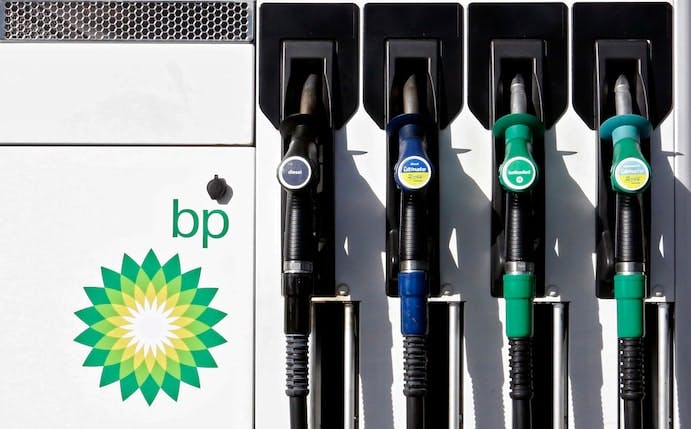 The Washington Post
The Washington Post
BP built its business on oil and gas. Now climate change is taking it apart.
With climate change bearing down on the planet and the novel coronavirus upending the fossil fuel business, one of the world’s biggest oil and gas companies on Tuesday mapped out how it plans to navigate the next decade by radically cutting back on its oil and gas business.
The London-based BP said that it will transform itself by halting oil and gas exploration in new countries, slashing oil and gas production by 40 percent, lowering carbon emissions by about a third, and boosting capital spending on low-carbon energy tenfold to $5 billion a year.
Read more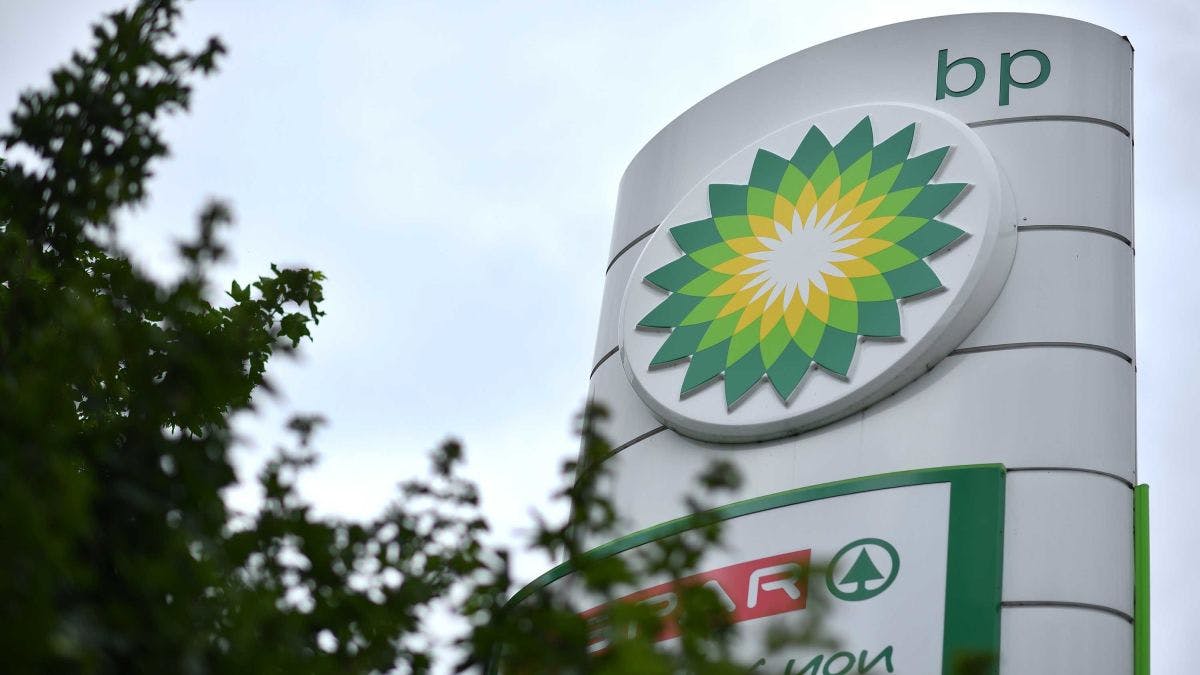 CNN
CNN
BP will slash oil production by 40% and pour billions into green energy
BP is planning to slash oil and gas production and pour billions of dollars into clean energy as part of a major strategic overhaul unveiled on Tuesday, alongside a huge second quarter loss and dividend cut.
The London-based company said that it plans a 10-fold increase in annual low carbon investments to $5 billion by 2030 as it tries to deliver on its promise of net zero emissions by 2050 and prepares for a world that uses much less oil. BP shares rose as much as 8% in London.
Read more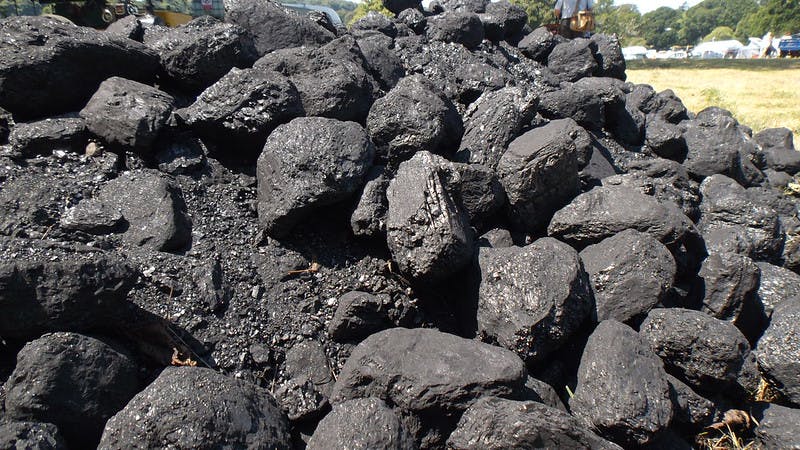 Power Technology
Power Technology
Covid-19 might be “the final nail in the coffin” for coal
Research by Wärtsilä Energy, the global technology company, has found that the pace of Europe’s transition away from coal has recently been accelerated by more than five years due to Covid-19’s impact.
The data, provided by the Wärtsilä Energy Transition Lab, suggests that inflexible baseload coal will become a thing of the past faster than previously thought.
Read more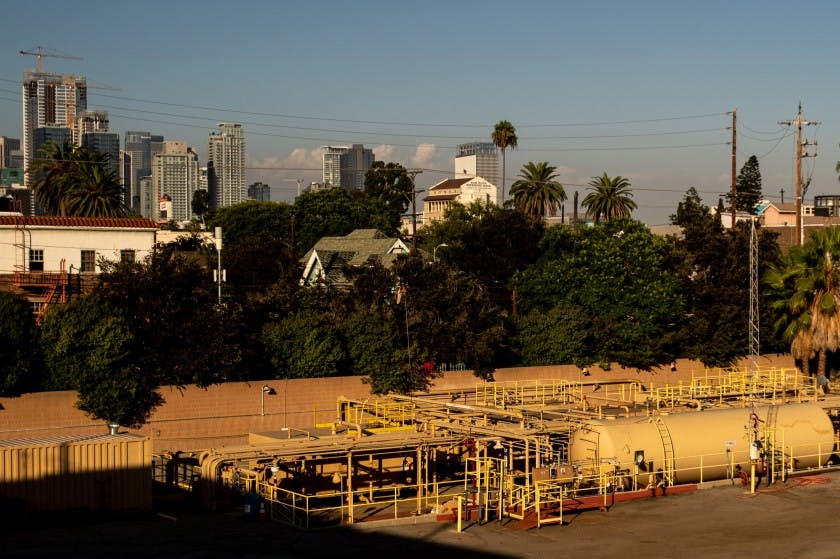 Los Angeles Times
Los Angeles Times
Oil company Allenco and its leaders face criminal charges over deteriorating wells
Allenco Energy, which has operated a South Los Angeles drill site that spurred an outcry over nosebleeds and headaches suffered by neighbors, is facing criminal charges for allegedly flouting a state order and failing to properly abandon wells.
The “charges show that we won’t allow Allenco to continue allegedly defying the law and disregarding its neighbors when it comes to environmental safety and health protections,” Los Angeles City Atty. Mike Feuer said in an announcement Tuesday. “This is a matter of environmental justice.”
Read more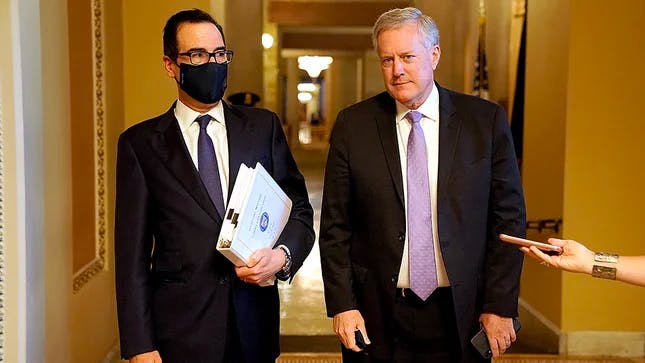 The Hill
The Hill
Mnuchin: Negotiators no closer to coronavirus deal than a week ago
Treasury Secretary Steven Mnuchin told Senate Republicans Tuesday afternoon that negotiators are no closer to a coronavirus relief deal than they were last week, blaming Democratic leadership for the continuing stalemate.
Mnuchin told lawmakers that Speaker Nancy Pelosi (D-Calif.) and Senate Minority Leader Charles Schumer (D-N.Y.) have dug in and are holding firm, even after the $600-a-week federal enhancement to state unemployment benefits expired last week.
Read more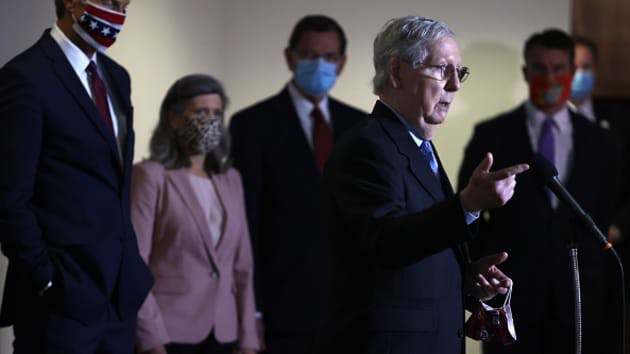 CNBC
CNBC
Democrats report coronavirus relief progress as McConnell says he is prepared to support a deal
Democratic leaders left a meeting with Trump administration officials Tuesday saying they are plodding toward a coronavirus relief deal.
As the sides grind through a bevy of differences to try to strike to a relief agreement, Senate Majority Leader Mitch McConnell — another major voice in the process — said he expects to back whatever aid agreement they reach.
Read more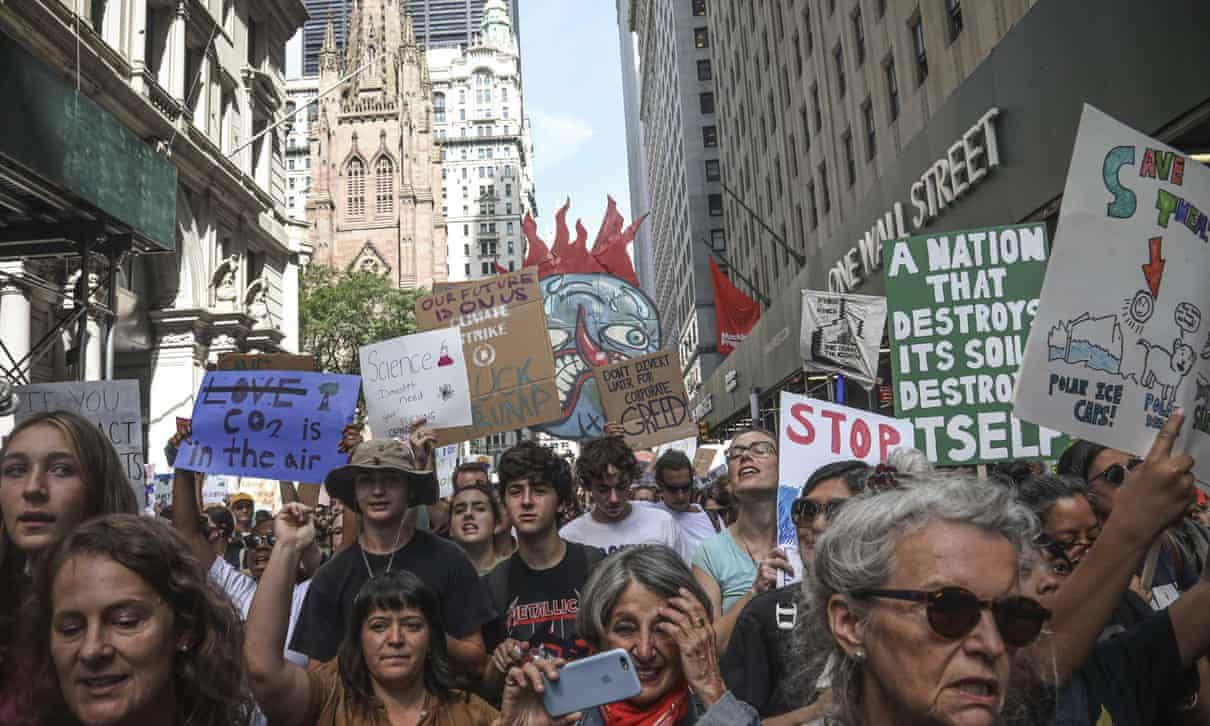 The Guardian
The Guardian
OPINION: Letter from economists: to rebuild our world, we must end the carbon economy
From deep-rooted racism to the Covid-19 pandemic, from extreme inequality to ecological collapse, our world is facing dire and deeply interconnected emergencies. But as much as the present moment painfully underscores the weaknesses of our economic system, it also gives us the rare opportunity to reimagine it. As we seek to rebuild our world, we can and must end the carbon economy.
Even as climate breakdown looms around the corner, the pressure to return to the old carbon-based economy is real – and all the more dangerous, given the fundamental instability of an economy rooted in injustice. Sources of large-scale human suffering, such as crop failures, water shortages, rising tides, wildfires, severe weather, forced migration and pandemics, go hand-in-hand with a warming world. For example, exposure to airborne pollution heightens the risk of complications from diseases like Covid-19, and deforestation and rising temperatures make the emergence of future infectious diseases more likely. When these consequences manifest, it is no accident that they are disproportionately felt by communities of color, low-income communities, the most vulnerable nations and peoples, and other historically marginalized groups.
Read more